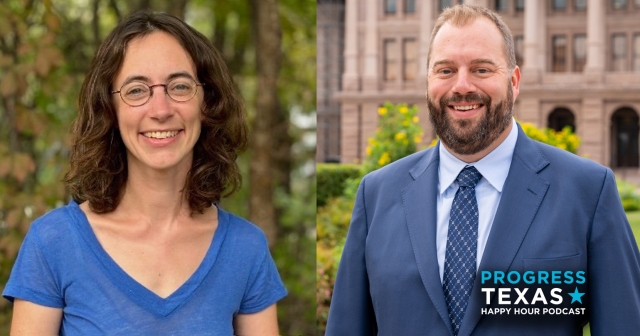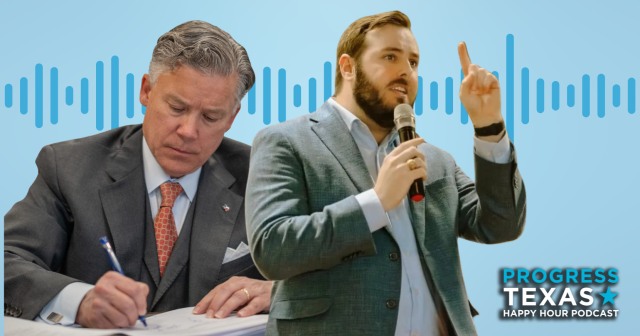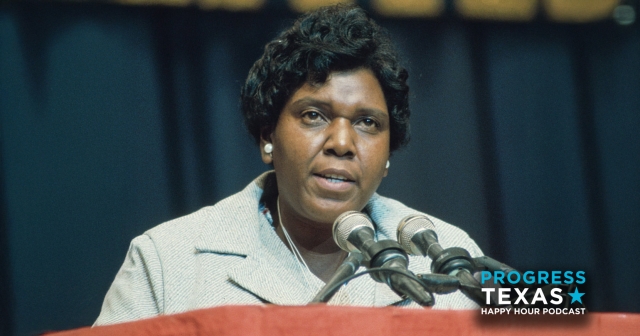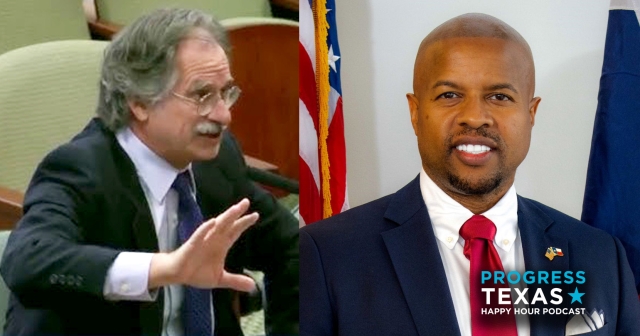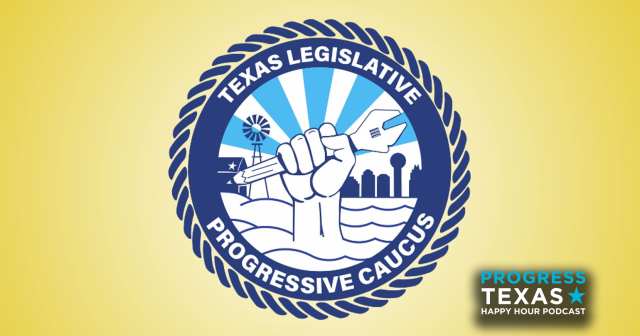Texas colleges have a responsibility to slow the spread

Last month, The New York Times published a report on the colleges and universities with the highest number of COVID-19 cases in the nation. Of the colleges reporting cases, the University of Texas at Austin was ranked first, followed by Texas A&M University at fifth, UT-Rio Grande Valley at 14th, Sam Houston State University at 18th, and the University of Houston and Rice University coming in at 24th and 25th.
Here in Texas, we know our schools are some of the top in the nation, but the highest number of coronavirus cases is not a list we want to rank first on.
Colleges and universities across Texas are opening up, and as students return to their college campuses, they may be carrying the deadly coronavirus with them.
As a result, COVID cases are rising, and they’re rising fast. Huntsville, where SHSU is located, ranks 9th in the nation of metro areas with the fastest-rising case rate. College Station, home to Texas A&M, ranks 15th. With thousands of students returning to campus, after months of social isolation, the outlook doesn’t look great.
Despite these numbers, most colleges in Texas have placed the burden on students to make sure COVID doesn’t spread, and many reopening plans are contingent on students following strict social distancing guidelines.
UT-Austin called for “a deeper responsibility this year to show accountability.” Texas Christian University told students to “take their lesson seriously and do everything we can to protect an on-campus experience.” Texas Tech’s president said that “we have to be very concerned that parties or large gatherings, where there is careless behavior, could jeopardize … reopening plans.”
But as Dr. Ashish Jha, director of the Harvard Global Health Institute, told the Dallas Morning News, “If your entire strategy is built on a perfect behavior of 18-to-20-year-olds, it’s not not a very good strategy.”
While students are responsible for their own actions, it just isn’t realistic to expect young college students to follow strict social distancing guidelines. A public health plan shouldn’t be based on what should happen, it should be based on what actually will.
As of now, most colleges in Texas have decided to open back up, bringing their students to live, study, and learn in the same spaces. It’s up to those colleges to make sure their students are safe, while planning for some to break the rules. If our schools want to remain open without spreading COVID throughout the campus community and vulnerable populations, there’s much more that needs to be done on the universities’ part to keep everyone safe.
Require social distancing and masks — everywhere.
While most schools have mask and social distancing requirements, there are still gaps in their policies. UT-Austin, for example, doesn’t require masks to be worn outdoors, a huge oversight when social distancing can be hard to maintain on campus sidewalks.
Luckily, there’s a simple solution to this problem — require everyone on campus to wear a mask at all times while in public spaces and provide them for free, like UT-Permian Basin. Studies show over and over again that masks are incredibly effective at preventing the spread of COVID, and it's a small sacrifice that has a huge reward. If we can stop even one death just by wearing a piece of cloth on our face, it’s worth it. Texas colleges just need to require and enforce the policy.
Test students returning to campus.
With college students returning from all over the state and country, it's inevitable that many will bring COVID with them. But while colleges are reporting hundreds of cases on campus already, only some schools have tested all their students returning to campus.
Frequent testing and tracing is one of the most effective ways at containing the virus, but thanks to Gov. Greg Abbott, Texas has been slow to adopt a comprehensive COVID testing plan. That means the responsibility will fall on schools to make sure their students are thoroughly tested for coronavirus.
Testing a campus of thousands of students is no small task. However, testing all students living in dormitories is realistic, and can help slow the transmission of COVID among students living together. Plus, random testing of asymptomatic students can go a long way in catching and containing the virus. Universities can also test students in groups more likely to spread COVID, like greek societies, marching bands, and student athletes, a tactic UT-Arlington is using to stop the spread.
Say “NO” to giant sports games.
If there's one thing that’s hard for Texans to give up, it’s football. But with COVID cases still high in Texas, seating 25,000 people in a stadium is reckless and dangerous.
Football may feel like an essential business in our state, but sports games aren’t too important to give up. Letting football games continue will put stadium workers, as well as unpaid athletes, at unnecessary risk, as well increase the chance that COVID spreads outside the university.
Football will still be there, maybe next semester or next year. But human lives are at stake, and no death is worth getting to watch an in-person football game.
Listen to the needs of students, faculty, and staff.
Even as the online transition has been rocky, some schools have gone above and beyond to help students adjust to learning during a global pandemic. Huston-Tillotson University, an HBCU located in Austin, moved all classes online and gave all students a tablet computer to access their coursework. Yet others, like the University of North Texas, are charging students extra fees for online courses.
As we all try to navigate the difficult semester, universities are going to have to listen to the needs of students, faculty, and staff. That means relaxed course requirements, paid sick and family leave, and free PPE for staff members. It means listening to the needs of community members, like the Texas State Employees Union, which called on UT-Austin to better support university workers during the pandemic.
Several weeks ago, faculty members at A&M campuses across the state sent a letter to the A&M system, asking for flexibility to move their courses online.
"Moreover, we believe that Hispanic Serving Institutions, such as ours, must act in the best interests of the Latinx communities in which they are located,” the letter stated. “As you know, Latinx communities have been disproportionately affected by COVID-19, with heightened risks of contracting the virus and experiencing its most deleterious effects.”
Like so many effects of the COVID-19 pandemic, the spread of coronavirus hits low-income and BIPOC community members the hardest. If universities allow the virus to spread on campus, it will spread off-campus too, at the grocery store, community park, or restaurants. And many areas of Texas, especially South Texas, can’t afford more cases.
Texas universities chose to reopen. It’s up to them to listen to their community and make sure they can reopen safely. The lives of students, faculty, staff, and community members are at stake.
DONATE
Your donation supports our media and helps us keep it free of ads and paywalls.

